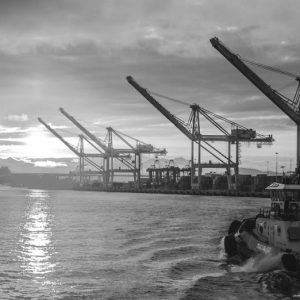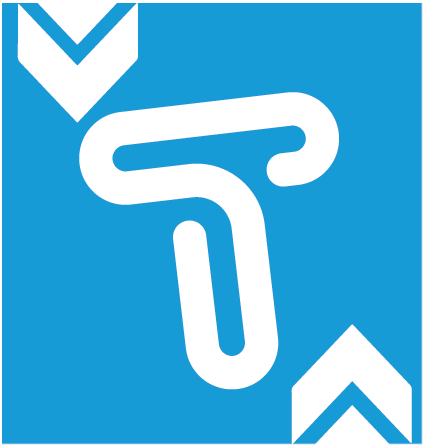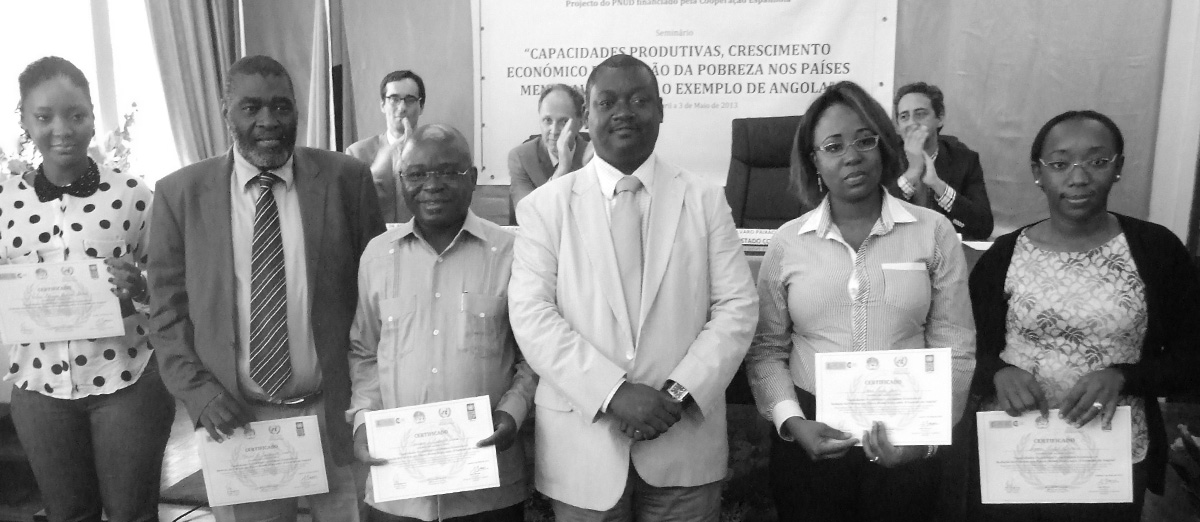Contributing to the economic growth and sustainable development in Angola
Overview
The TRAINFORTRADE Angola Project started in 2007 and ended its direct implementation in 2011. The overall goal of the programme was to facilitate adequate changes in policy orientation related to international trade, investment and services, and thereby contribute to the economic growth and sustainable development in Angola. The project assisted the Angolan government in constructing a national framework for training and capacity development.
Training & Technical Assistance Activities in Angola
- Development/update of training material (needs based)
- Collaboration between national and international experts
- Training workshops (E-learning and Face-to-Face)
- Training of Trainers/Tutors
- Field research, policy papers, publications
Training Activities
TrainForTrade organised 21 workshops on different trade-related aspects. This resulted in the training of over 700 government officials and managers from the private sector and from non-governmental organisations.
Students from the training courses were later trained to be co-trainers and trainers, in order to develop local training capacity. Periodic Training of Trainers seminars were held to foster the sustainability and national ownership of the training materials.
The six components of the project were based on Angola’s needs, and new components were included in the programme as new requests from Angola arose.
The Six Components in the Angola Programme:
- Modern Port Management
- Investment
- Trade Policy
- Consumer protection
- Climate Change
- Sustainable Tourism for development
Integration of Trade policies in National Development Strategy
In addition to strengthening capacities in the field of international trade and investment, the training activities also helped the Angolan government articulate Angola’s trade policies and integrate them into its national development strategy.
Creating National Ownership and Program Sustainability
A National Steering Committee (NSC) consisting of a wide range of stakeholders was set up to oversee the implementation and development of the programme. The NSC expressed its desire to see the TrainForTrade Project in Angola continue, and voted on a strategy that aims to ensure the sustainability of the training framework put into place by the project.
The NSC will continue to meet periodically to identify the training needs and establish an annual Action Plan. TrainForTrade will provide support and monitor the process, which will be coordinated by Angola’s Ministry of Commerce. The Angola Project is funded by the European Commission.

Sustainable Tourism Training and Capacity Building, Huambo, Angola

Formação e desenvolvimento das capacidades no âmbito do Turismo Sustentável, Huambo, Angola
Related documents


Currently on a Project Page




